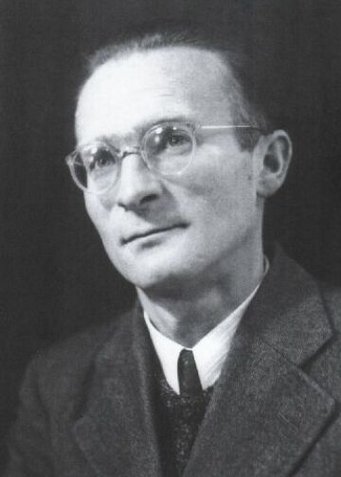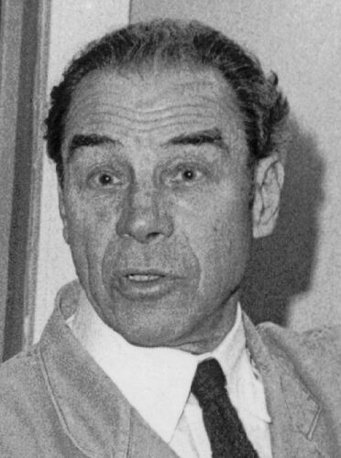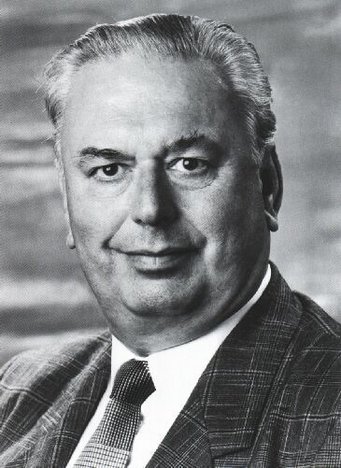Directors and research fellows from 1959 until 1967
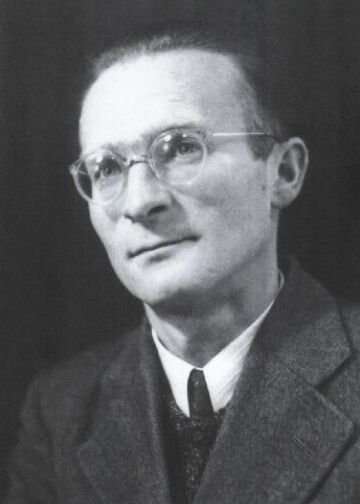
Heinrich Hintenberger (1910-1990), who started working at the MPI in 1949 under Josef Mattauch, was appointed Director of the Mass Spectrometry Department in 1959. The mass spectrometric methods developed by Hintenberger and his staff allowed them to study very small quantities of substances. They were therefore able to work on isotopic geological issues as well as research artificial nuclear fission products and noble gases in meteorites. This resulted in close collaboration with the Cosmochemistry Department. The two departments subsequently proved that some meteorites contained noble gases that were neither generated on Earth nor by cosmic radiation. They came to the conclusion that they were dealing with primordial noble gases. Heinrich Hintenberger ended his active employment in 1978.
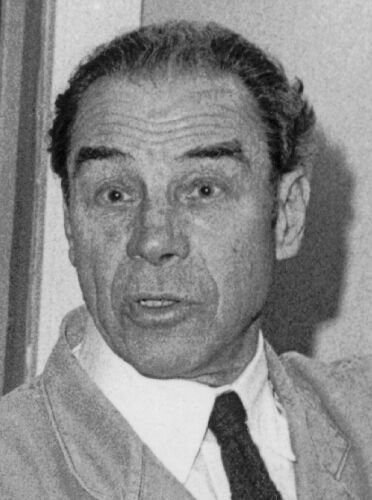
Hermann Wäffler (1910-2003) was appointed Director of the Nuclear Physics Department in 1959, the same year that Heinrich Hintenberger assumed his role as Director of the Mass Spectrometry Department. The Nuclear Physics Department finished building a Van de Graaff generator, which had been started in the Kaiser Wilhelm Institute in Berlin. This accelerator enabled the department to perform the preliminary tests required to develop a more powerful linear accelerator (up to 300 MeV), which was built together with the Nuclear Physics Institute of the Johannes Gutenberg University. Both accelerators were then used to study processes in atomic nuclei (symmetry breaking, diffusion etc.). The department also undertook theoretical work on issues relating to nuclear physics. Hermann Wäffler retired in 1978, and the department was closed. Nevertheless, a small working group remained at the Institute until 1991.
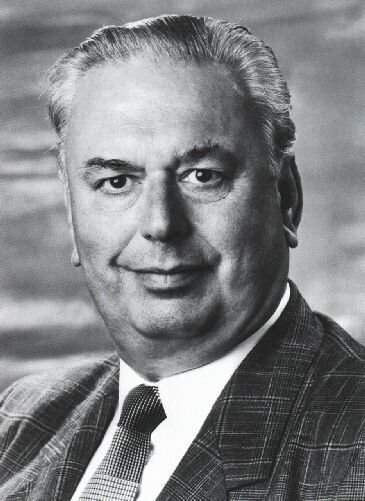
Heinrich Wänke (1928-2015) was appointed Director of the Cosmochemistry Department in 1967. In the years that followed, he and his staff conducted studies on meteorites to help us understand the early history of our solar system and determined how long a large number of meteorites had been in the universe and the consequences of cosmic radiation. They subsequently studied Mars, and were able to determine its chemical composition from meteorites originating from this planet. Space probes then aided research into Mars. The work of the department also focused on researching the Earth's crust and studying moon rock. Heinrich Wänke retired in 1996, but still actively contributed to research on Mars for serveral years.
